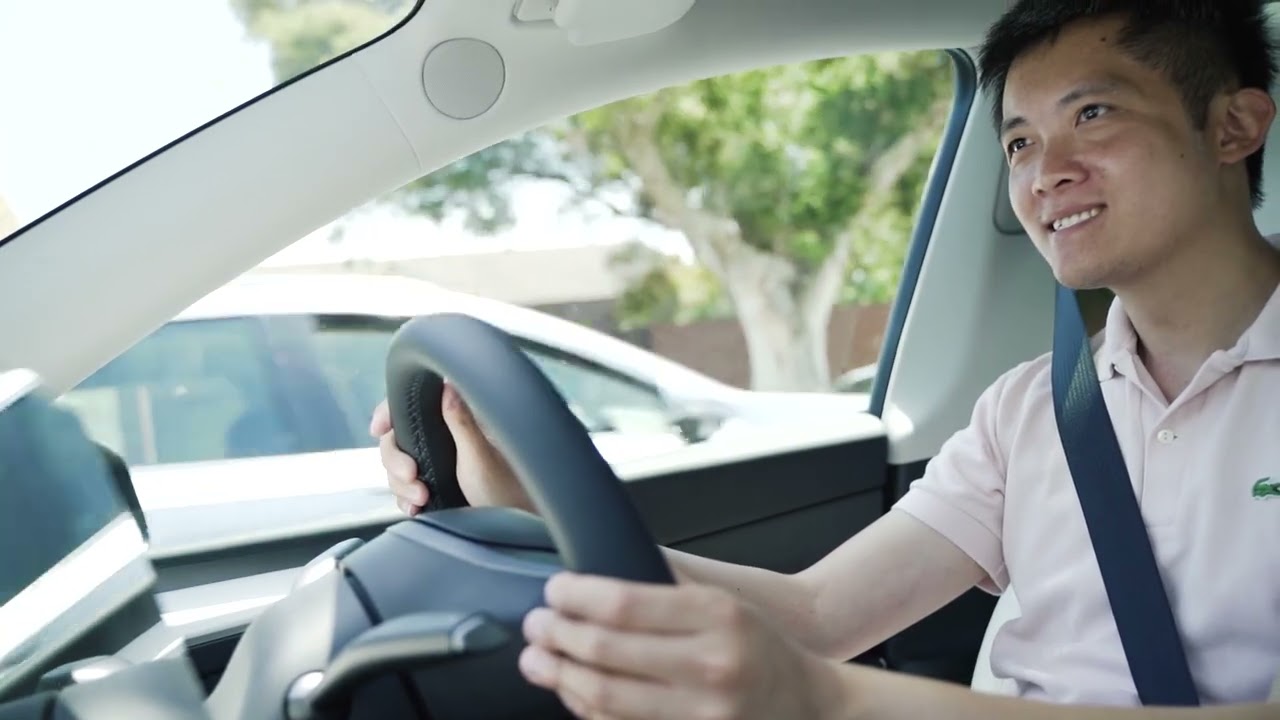While there’s certainly a lot of negative news to come out of the pandemic, we’re particularly interested in one silver lining. Companies have turned their focus to the people behind the business — reinvesting in HR and people ops.
Flexible working arrangements
Social distancing requires lots of workers to skip the office and instead work remotely from home. One survey found that 61% of companies have experienced increased levels of employee engagement as a result of this transition. Another found that 90% of companies believe culture has improved, 83% believe employee experience is better, and 84% believe employee engagement has increased.
Allowing your workers to work from home is just the first step. It’s also the employer’s role to help staff make that transition. Offer to purchase any equipment they may need. Check in regularly. And set realistic expectations. We’re not just “working from home” right now — we’re working from home in the middle of a worldwide pandemic. That comes with a lot of physical and emotional baggage that can wreak havoc on productivity.
Job security
Job security is the top concern for workers right now. An estimated 1.4 million Australians will be jobless.
Luckily, as restrictions ease and employees head back to work, employers will be able to offer more job security. In addition to regular hours, a living wage, and a safe workplace, employers should look to proactively provide health and wellness support—especially as that is the second biggest concern for workers. Consider building an employee wellness program to tackle this head on.
Support on a human level
It’s not just financial security that concerns workers. At the beginning of April, 68% of Australians were concerned or very concerned about their health due to COVID-19. In fact, personal health was the second most important issue for Australians during the first half of April 2020.
We’re talking about both physical and mental health here. 68% of employers say their workers have higher than normal levels of anxiety. Here, companies have a chance to be proactive in aiding their staff’s health and well-being. And nearly 90% of companies are doing exactly that.
Beyond allowing workers to set up at home and have flexible working arrangements, employers can go the extra mile to support mental and physical health and wellness.
Moving forward with your employee engagement initiatives
The pandemic has brought many previously dismissed issues to light, and we’re seeing the importance of mental health, work-life balance and effective people management. The coronavirus workforce demands transparency, trust and a top-down people-first philosophy.
At Flare, we have a free HR solution which includes a paperless onboarding software, employee management and a free employee benefits platform which gives your employees access to discounts from leading Australian retails such as Woolworths, Kmart, JB Hi-Fi and more. Find out more about how you can engage with your employees more by booking a free demo today.




